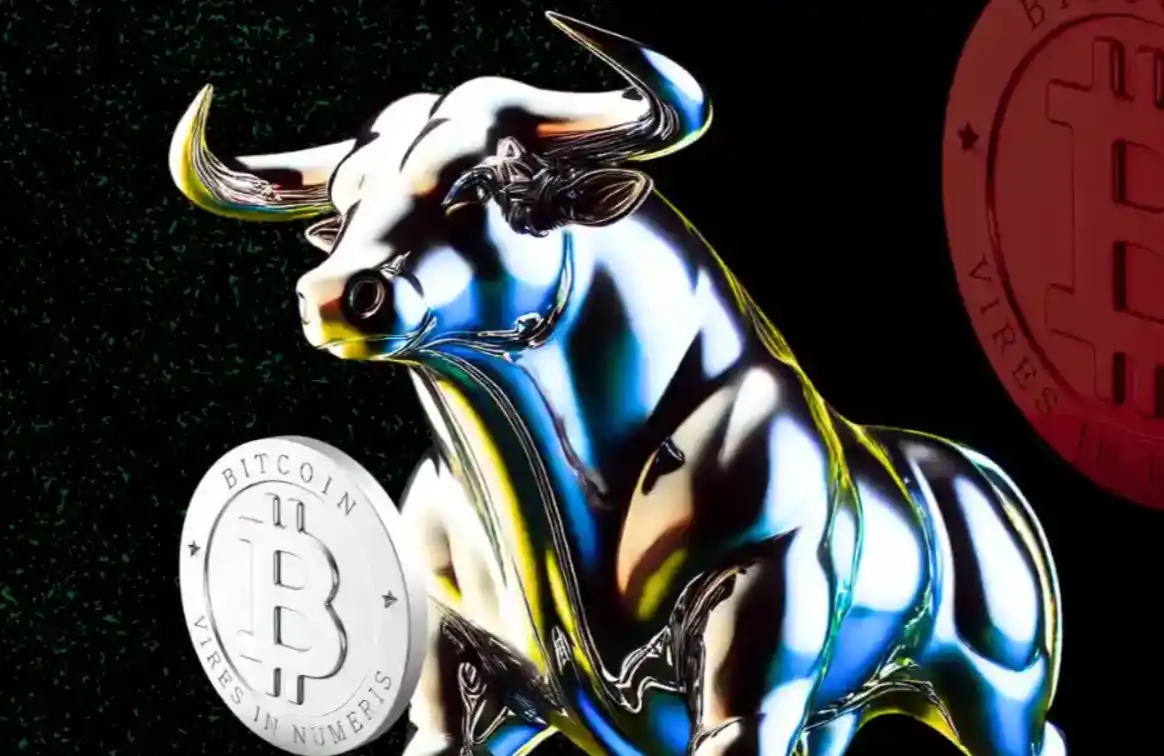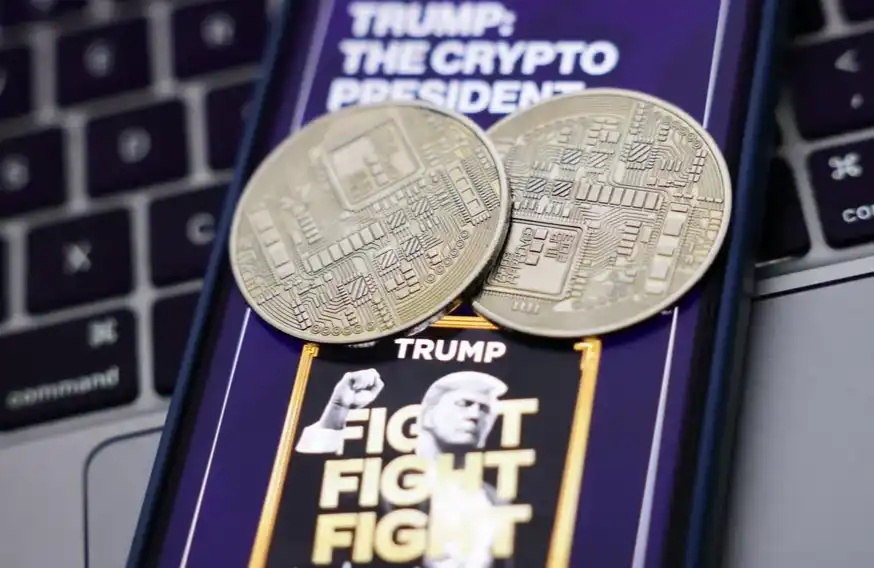Hidden feature in Paypal stablecoin code: ability to freeze assets and clear addresses.
Original Title: "Functions Hidden in Paypal Stablecoin Code: Can Freeze Assets and Clear Addresses"
Source: ODAILY Star Daily
PayPal 发布的稳定币
translates to
PayPal's Stablecoin Release
in English.
This Monday, PayPal launched its latest ERC-20 stablecoin PYUSD. Like mainstream stablecoins, PYUSD is pegged to the US dollar and can be exchanged with the US dollar at a 1:1 ratio. It is backed by US short-term government bonds, cash, and other equivalents, and a reserve report will be released every month and audited by accountants. PayPal said that this asset is mainly designed to simplify online virtual transactions and facilitate developers to directly receive funds. This attempt marks the first exploration of important US financial companies in this area.
After this news was made public, PayPal's stock price rose by over 2%, reaching a high of nearly $65. However, on the following day, the stock price quickly dropped from around $65 to $62.65, and is now trading at $62.79.

Monday's PayPal stock price. Source: Google Finance
Transfer PayPal USD between PayPal and compatible external wallets.
Use PYUSD for peer-to-peer payments;
Choose to pay with PayPal USD when checking out;
Convert any cryptocurrency supported by PayPal to PayPal USD.
PayPal's President and CEO, Dan Schulman, said: "The transition to digital currency requires a stable tool that is both native to digital and easy to connect with legal tender such as the US dollar. We are committed to responsible innovation and compliance, as well as a good track record of providing new experiences for customers, which provides the necessary foundation for PayPal USD to drive digital payment growth."
This week, there has been ample discussion about the "business impact and impact on existing stablecoins" of PYUSD. Here, the Odaily Star Daily wants to further understand PYUSD from a technical perspective.

PayPal Stablecoin code. Source: Bitcoin official Twitter
You can see that in the highlighted part of the figure, two functions appear: Freeze and wipeFrozenAddress. This means that PayPal can freeze or unfreeze wallet addresses that the company deems malicious through centralized operations, and can also clear all assets in this address. Although the generation of blocks cannot be changed, PayPal can still, in effect, prohibit certain transactions or freeze assets in certain addresses through this code.
In other words, centralized institutions can perform many operations that were previously impossible on the blockchain, even though this authority can prevent many fraud and hacking incidents in the world of encryption. However, this is considered a violation of the decentralized spirit of the blockchain and the world of encryption in the traditional sense.
Similarly, Twitter user @0x Cygaar also posted a Twitter revealing more centralized operations in PayPal's stablecoin:

PayPal Stablecoin Code. Source: @0x Caggar Twitter
So this PayPal stablecoin contract:
Using a very old version of Solidity for coding;
Allow owners to pause all transfers;
Allow owners to freeze addresses to prevent operations;
Allow administrators to increase or decrease the total supply.
At least it is centralized, but still relatively transparent.
For a long time, the cryptocurrency world has advocated the principle of decentralization, believing that digital currencies should break away from the central control of traditional financial systems and achieve true freedom and fairness.
Looking closely at the above functions of PYUSD, it may be reasonable to maximize the supply increase and decrease: if users continue to purchase or mint more PYUSD with more US dollar assets until it exceeds the maximum supply, then the supply should have the function of increase and decrease. However, compared with similar compliant stablecoins such as USDC, PayPal, as both the issuer and trading platform, has the ability to temporarily transfer and freeze addresses.
Reaction
The search for information on PayPal stablecoin code has caused quite a stir in the crypto world. In the comment sections of the two aforementioned tweets on Twitter, many cryptocurrency users expressed their concerns, with some commenting "This is classic Web2 company behavior" and keywords related to regulation and centralization constantly appearing.
Twitter user @mdhaf.eth said: "PayPal is already known for freezing accounts (usually due to internal policies or external influences) without user permission. This (PYUSD) may make more people aware of cryptocurrency assets, but most people will not delve into the code behind it or the company's ethical standards. This is not surprising, but it is disappointing."
However, there are also a considerable number of people who express different opinions: user @LawLingo said, "This is a common thing. $UDST, $USDC, and $USDD also have this function. Any acceptance of cryptocurrency is good." She believes that there should be a large-scale adoption first before decentralization can gradually emerge. According to the official website terms of Circle, in some cases, USDC may refuse to process transactions or suspend user services "if we reasonably believe that the transaction is suspicious, may involve fraud or improper behavior." However, Circle also clearly states that "all transactions conducted through the USDC service are irreversible and non-refundable." In comparison, PayPal has significantly greater control over PYUSD's permissions and control on the PayPal platform, and is more centralized.
Original article link
Welcome to join the official BlockBeats community:
Telegram Subscription Group: https://t.me/theblockbeats
Telegram Discussion Group: https://t.me/BlockBeats_App
Official Twitter Account: https://twitter.com/BlockBeatsAsia
 Forum
Forum OPRR
OPRR Finance
Finance
 Specials
Specials
 On-chain Eco
On-chain Eco
 Entry
Entry
 Podcasts
Podcasts
 Data
Data

 Summarized by AI
Summarized by AI







